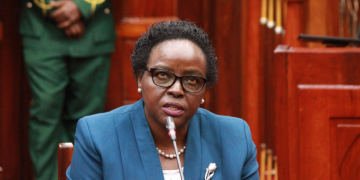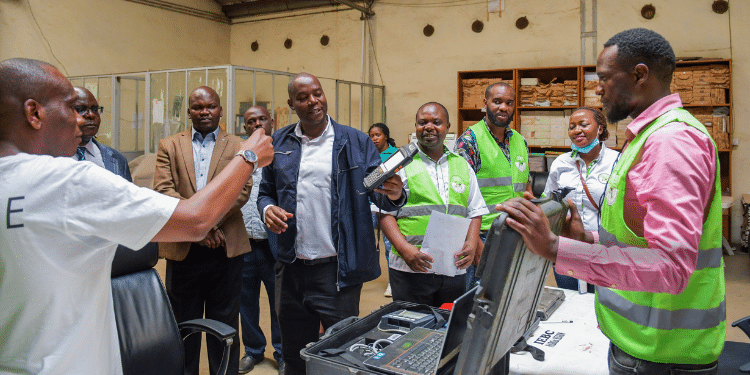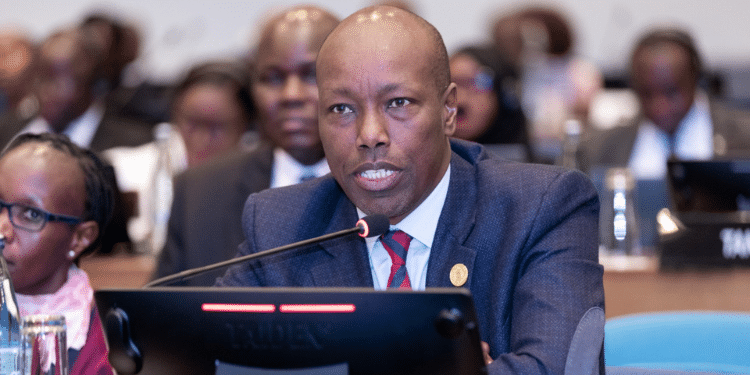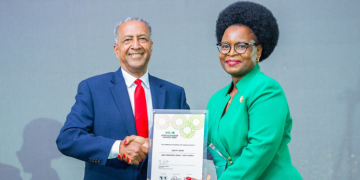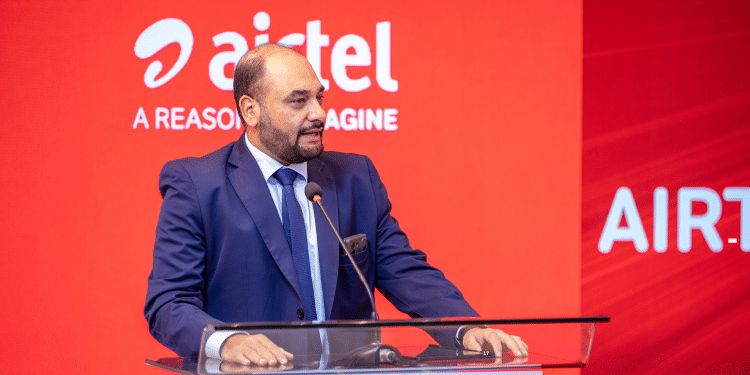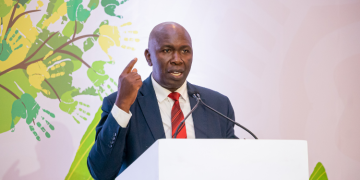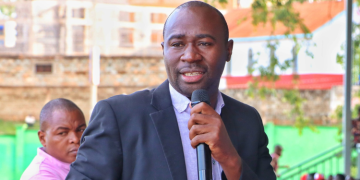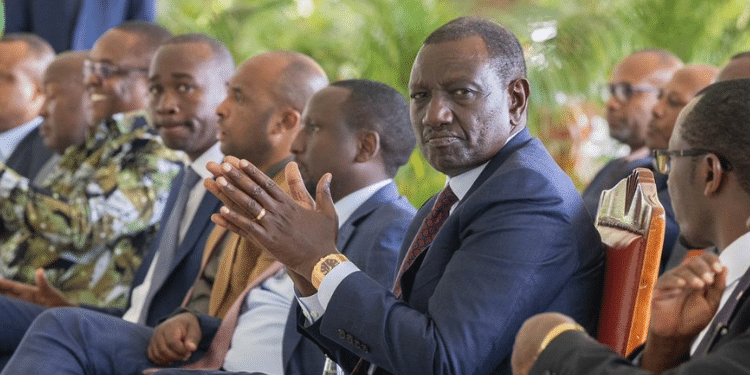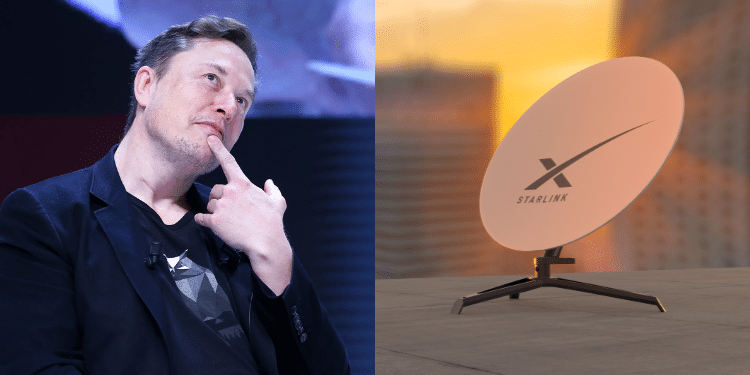Tech billionaire Elon Musk has hinted at potential partnerships with telecommunication companies worldwide as he expands Starlink.
In a statement on August 31, Musk, founder and owner of the American satellite internet service provider, revealed that Starlink’s direct-to-mobile phone service is exclusively partnering with T-Mobile in the United States for the first year.
He added that they plan to expand to other carriers afterwards.
“Starlink direct-to-mobile phone Internet is exclusively with T-Mobile in the US for the first year, then with other carriers thereafter,” he said.

Globally, Musk stated that Starlink is starting with one carrier per country, with the goal of eventually serving all carriers.
“We are starting by working with one carrier in each country but ultimately hope to serve all carriers,” Musk added.
Techopedia defines a carrier as shorthand for a wireless carrier, which is a company that provides mobile services.
Other terms used to describe the same thing include mobile network operator, mobile phone operator, mobile operator, cellular company, and wireless service provider.
Carriers are responsible for the infrastructure that enables mobile phone connectivity, including calls, texts, and data services.
Therefore, when Musk mentions working with carriers, he is referring to Starlink partnering with these companies to offer its service to mobile phone users through their existing networks.
Also Read: Starlink: Cost, Advantages & How the Satellite Internet Service Works
Starlink Brings Fresh Competition in Kenya
Starlink’s arrival in Kenya over a year ago has intensified competition among dominant telecommunication companies, including Safaricom, Airtel, and Telkom.
The company introduced a kit rental option in Kenya, allowing customers to pay a one-time activation fee of Ksh2,700 and rent the Starlink equipment at a monthly rate of Ksh1,950.
Starlink rental rates are separate from the monthly internet service plans, which start at Ksh1,300 for a 50GB plan or Ksh6,500 for an unlimited package.
Also Read: Safaricom Clarifies Cancelling M-PESA Payments for Starlink Customers
Safaricom Letter to the Government
This move prompted Safaricom to write a letter to the Communications Authority of Kenya (CA) Director-General David Mugonyi, expressing concerns about the granting of independent licenses to satellite internet providers.
In the letter, Safaricom requested that the CA carefully assess the risks of granting independent licenses to satellite service providers and the potential harm it may cause to Kenya.
Safaricom proposed that the CA consider mandating satellite service providers to operate as “infrastructure providers” to mobile network operators.
“We propose that the CA instead consider mandating that satellite service providers operate in Kenya only under agreements with existing local licensees,” Safaricom stated.
“Under such agreements, satellite service providers would operate as infrastructure providers to these licensees, enabling related innovation while avoiding potential harm.”
Follow our WhatsApp Channel for real-time news updates!
https://whatsapp.com/channel/0029VaB3k54HltYFiQ1f2i2C





